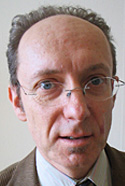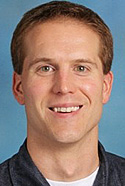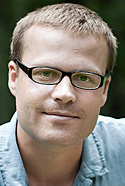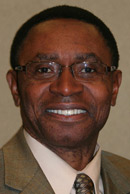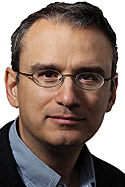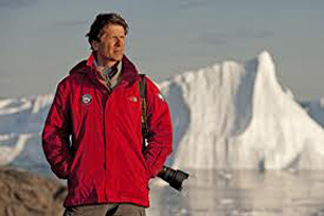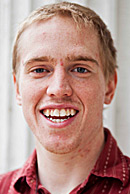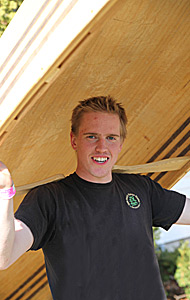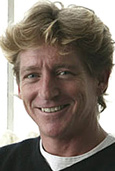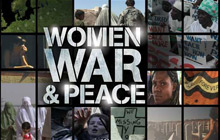A collection of original, borrowed and collaboratively written scenes that explore feelings all people have, hide and sometimes share closes Lawrence University’s 2011-12 main stage theatre season with four performances May 10-12 in Cloak Theatre of the Music-Drama Center.
“Show Your Face(s): A Masque” will be staged at 8 p.m. each day, with an additional 3 p.m. matinee performance on Saturday, May 12. Tickets, at $10 for adults and $5 for senior citizens and students, are available through the Lawrence University Box Office, 920-832-6749.
Kathy Privatt, associate professor of theatre arts and James G. and Ethel M. Barber Professor of Theatre and Drama, describes the play as “as a devised theatre piece.” The work’s designation of “A Masque” is a reference both to physical masks and the Renaissance form of entertainment that featured a collection of scenes with acting, singing and dancing.
 Unlike most traditional theatrical works, “Show Your Face(s): A Masque” is not based on a pre-existing script. Instead, Privatt and the production team created a script during the rehearsal process, drawing inspiration from the set, music and sound design, costumes, movement and mask work, improvisation and texts submitted by the cast, crew, Lawrence and greater Fox Valley communities.
Unlike most traditional theatrical works, “Show Your Face(s): A Masque” is not based on a pre-existing script. Instead, Privatt and the production team created a script during the rehearsal process, drawing inspiration from the set, music and sound design, costumes, movement and mask work, improvisation and texts submitted by the cast, crew, Lawrence and greater Fox Valley communities.
Mask-making activities open to the Lawrence campus over the past year also served as inspiration for the production team.
“The play has been created collaboratively by both creating materials and using materials and texts that already exist to form a whole new production,” said Privatt, who director of the production.
Inspired in Part by Suicide Prevention Training
The play is being presented in conjunction with Lawrence’s Substance Abuse and Mental Health Services Administration (SAMHSA) grant for mental wellness and suicide prevention. The production represents a year of research and preparation by Privatt.
“I was specifically inspired by some material in the suicide prevention training that I received through the SAMHSA grant,” said Privatt. “That training reaffirmed that, just as we’re all human, we all experience the same emotions and we all make decisions about when to hide those emotions and when to share them.
“The process has been one of the most collaborative I’ve ever experienced, with each element having strong impact on our choices,” Privatt added. “We started with a basic framework of episodes, each chosen to explore a range of related emotions. We worked together, with mask expert Adam Pagdon, and movement experts Deb Loewen and Laura Murphy, to choose and create material for each episode. The performance showcases the pieces that we ultimately felt compelled to share.”
About Lawrence University
Founded in 1847, Lawrence University uniquely integrates a college of liberal arts and sciences with a world-class conservatory of music, both devoted exclusively to undergraduate education. Ranked among America’s best colleges by Forbes, it was selected for inclusion in the book “Colleges That Change Lives: 40 Schools That Will Change the Way You Think About College.” Individualized learning, the development of multiple interests and community engagement are central to the Lawrence experience. Lawrence draws its 1,445 students from 44 states and 35 countries. Follow us on Facebook.
 Brown, Kelemen and Lederer star in the 1999 award-winning documentary on the Viennese emigration, “
Brown, Kelemen and Lederer star in the 1999 award-winning documentary on the Viennese emigration, “